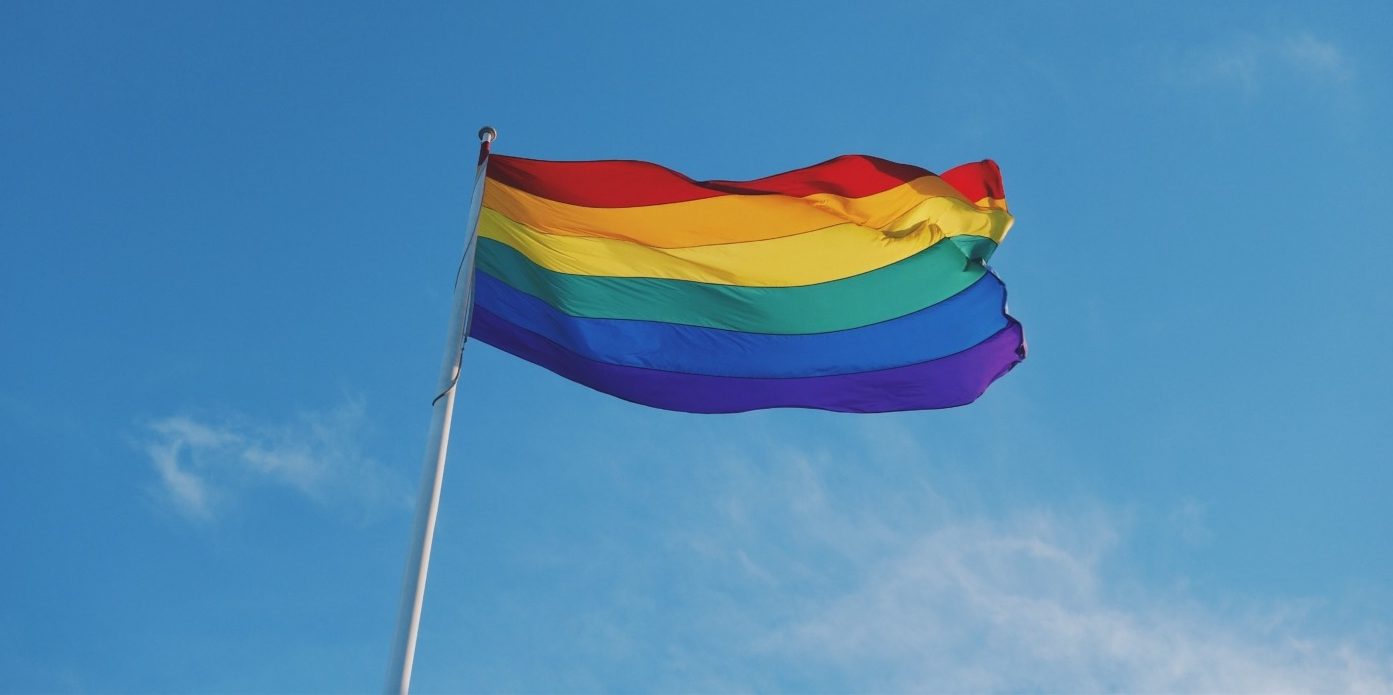Number of students who identify as “other” has doubled in a year
Last year, 830 students identified themselves as “other” – instead of “male” and “female” – on university forms, which is a twofold increase in twelve months.
A report published by the Higher Education Statistics Agency showed that 395 students favoured non-binary or gender neutral options two years ago, which has since rose by 52%.
Their report found that King’s College London were one of the universities with the most individuals that chose the “other” option, with a total of 110 students.
Students in art, music and drama schools had the highest concentrations of students who chose gender-neutral identifications, as seen in the Courtauld Institute of Art and the Glasgow School of Art.
Natasha Ion, LGBTUA+ officer at the University of Edinburgh’s student association, explained: “If somebody identifies as non-binary then they identify outside of the traditional binaries of gender that we have, so they identify as neither a man nor a woman.”
Elaborating on the increase in numbers, she said: “It makes sense that the numbers are growing because it’s becoming more normalised and accepted.”
Students in art, music and drama schools had the highest concentrations of students who chose gender-neutral identifications
A student at the University of Brighton who identified with the gender-neutral title MX gave further insight into their decision to choose the “third” option.
They said: “When I was thinking about including myself within a group of girls or women, I couldn’t see myself in those people.
“I couldn’t relate to those people at all, in the same way if I had been called up in a group of men, it wouldn’t have made sense to me. It felt wrong.
“I was toying with the idea for quite a few months before I actually said I’m non-binary and I use ‘they’ and ‘them’ pronouns.”
They shared that people had approached them saying “if you have a vagina you are a woman”, and asking “why can’t you just pick one side or the other”.
In response to the increasing availability of the “other” gender option, they said: “It’s important to someone of my generation, being able to be yourself without being teased.”
Currently, the government is undergoing negotiations to decide whether gender-changes can be made easier by filling out forms, rather than having to seek confirmation through gender diagnosis.
Gender changes require the applicant to have legally lived as their new gender for at least two years, alongside obtaining a gender recognition certificate, which costs £140.
In higher education, improvements have been made to accommodate gender-neutrality, with institutions such as the University of Bristol spending £3.4 million on gender-neutral toilets.
Commenting on the installation, Sally Patterson, equality, liberation and access officer for Bristol students’ union, said: “Students and staff will have access to toilets where they feel uncomfortable, anywhere on campus!”

Comments
Comments are closed here.